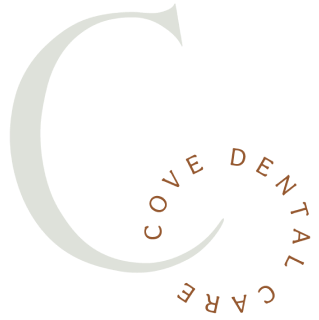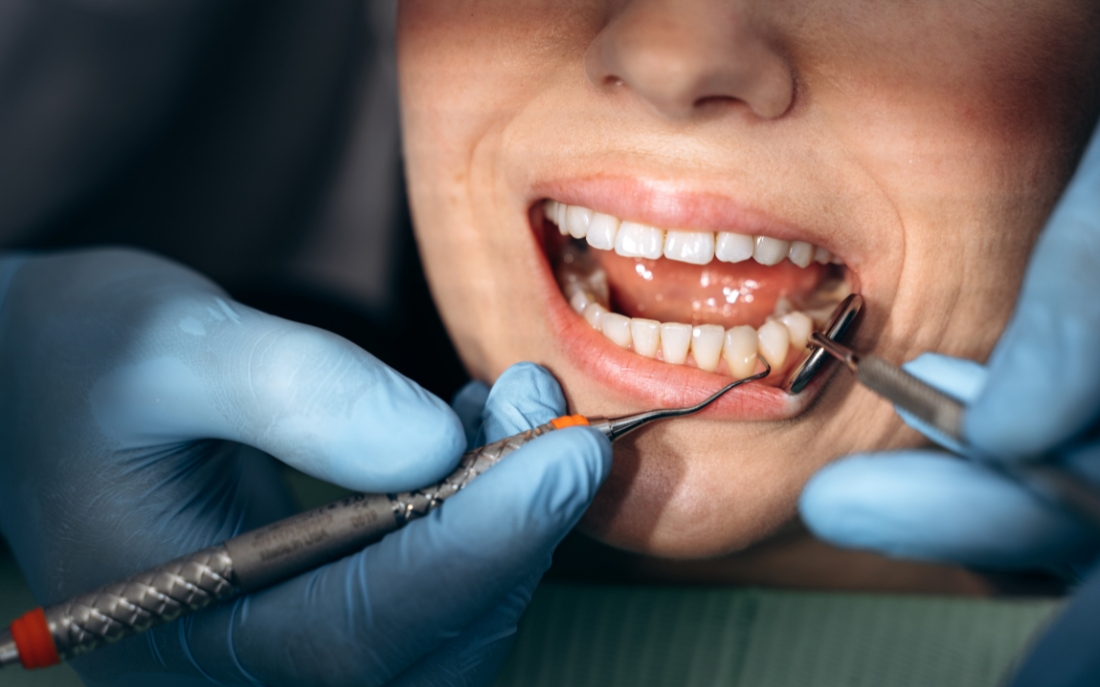Preventing Cavities: Tips for Maintaining Healthy Teeth at Home in Greer


Did you know that cavities are one of Greer’s most common dental problems? According to the American Dental Association, nearly 92% of adults have had a cavity at some point. While many visit their family dentist regularly, taking preventive measures at home is important. In Greer, factors like local diet and lifestyle can influence your dental health, making maintaining a proper oral care routine essential. Preventing cavities saves you from painful dental visits and ensures a bright, healthy smile.
This blog will provide practical tips for keeping your teeth healthy at home. By adopting simple habits, you can protect your teeth and avoid unnecessary visits to the dentist.
The Importance of Preventing Cavities
Cavities are areas of decay in the teeth caused by plaque buildup. Plaque is a sticky film of bacteria that forms on your teeth after eating. When you consume sugary foods and drinks, these bacteria feed on sugar and produce acids. These acids attack your tooth enamel, leading to cavities. Over time, untreated cavities can grow deeper, causing tooth pain, infection, and loss.
If left untreated, cavities can lead to more severe dental issues, such as abscesses or gum disease. In severe cases, you may need a root canal or tooth extraction. Cavities can also affect your overall health. Poor oral hygiene has been linked to conditions like heart disease, diabetes, and respiratory infections.
The bacteria in your mouth can travel through the bloodstream, impacting other body parts. That’s why preventing cavities is not just about keeping your teeth healthy—it’s about supporting your overall well-being. Keeping your teeth free from decay and plaque can prevent the need for costly dental treatments and avoid long-term health risks.
Healthy Habits for Cavity Prevention
Brush Regularly and Correctly
Brushing your teeth twice daily with fluoride toothpaste is one of the most effective ways to prevent cavities. Use a soft-bristled toothbrush to avoid damaging your gums. Make sure to brush for at least two minutes, covering all surfaces of each tooth.
Hold the toothbrush at a 45-degree angle to your gums and use gentle, circular motions. Remember to replace your toothbrush every three to four months. This simple habit will prevent plaque from building up and reduce the risk of cavities.
Floss Daily
Flossing is just as important as brushing. It helps remove food particles and plaque from between your teeth, where your toothbrush can’t reach. Consider using interdental brushes or floss picks if you find traditional flossing difficult.
These alternatives are just as effective at cleaning between teeth and are easy to use. By flossing daily, you reduce the chances of plaque buildup and keep your gums healthy.
Use Mouthwash
Incorporating mouthwash into your oral routine can enhance your cavity-prevention efforts. Antimicrobial mouthwashes help kill harmful bacteria and prevent plaque buildup. A fluoride mouthwash can also strengthen tooth enamel, adding an extra layer of protection.
Swish 30 seconds after brushing and flossing to ensure your mouth is clean and bacteria-free. A family dentist Greer may even recommend specific mouthwash brands suited to your oral needs.
Dietary Tips for Healthy Teeth
Limit Sugary Foods and Drinks
Sugar is a major culprit in cavity formation. When sugar mixes with bacteria in your mouth, it creates acid that wears down tooth enamel. Avoid sugary snacks and drinks like candy, soda, and sugary coffee.
Instead, snack on foods that are good for your teeth, like fruits, nuts, and vegetables. These foods not only reduce the risk of cavities but also help strengthen teeth.
Eat Calcium-Rich Foods
Calcium is essential for strong teeth and bones. Calcium-rich foods like dairy products, leafy greens, and fortified plant milks help build enamel and strengthen teeth.
In Greer, you can enjoy local dairy products like milk and cheese to ensure you get enough calcium. Vitamin D also plays a crucial role in calcium absorption, so include foods like eggs or fatty fish.
Drink Water
Staying hydrated is important for your overall health and your teeth. Drinking water helps wash away food particles and bacteria from your mouth.
If you have access to fluoride-rich tap water, it provides an added layer of protection against cavities. Drinking water throughout the day also stimulates saliva production, which helps neutralize acids and prevent tooth decay.
Natural Remedies for Cavity Prevention
Oil Pulling with Coconut Oil
Oil pulling is an ancient practice that can help improve oral health. Swishing coconut oil in your mouth for about 10 minutes can remove bacteria and plaque, leading to cleaner teeth. While it’s not a replacement for brushing and flossing, oil pulling is a great addition to your daily oral routine.
Chewing Sugar-Free Gum
Chewing sugar-free gum is another simple yet effective way to maintain oral health. It stimulates saliva production, which helps wash away food particles and neutralize acids in your mouth. Sugar-free gum with xylitol is especially helpful, as it can reduce bacteria contributing to tooth decay.
Signs You May Have a Cavity
Symptoms of Cavities
Cavities don’t always cause pain, especially in the early stages. However, you may notice signs like tooth sensitivity to hot or cold foods, chewing pain, or visible holes or pits in your teeth. Dark spots on your teeth can also indicate decay. If you experience any of these symptoms, visiting your family dentist as soon as possible is crucial.
What to Do if You Notice Symptoms?
If you suspect a cavity, don’t wait for the pain to worsen. Make an appointment with your family dentist right away. Early treatment can prevent the cavity from growing larger and causing more damage. Your dentist can assess the situation and recommend the best treatment to preserve your tooth.
To maintain healthy teeth and prevent cavities, follow these key tips: brush regularly and correctly, floss daily, use mouthwash, limit sugar intake, eat calcium-rich foods, and stay hydrated. Taking care of your teeth at home is essential, but regular check-ups with your family dentist are equally important. Making these habits part of your routine can avoid painful cavities and expensive dental treatments. Visit our local Greer family dentists today and keep your smile shining bright!
